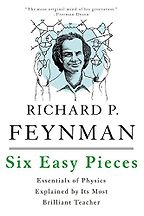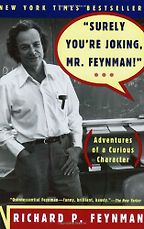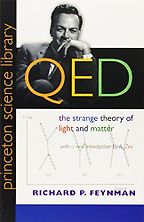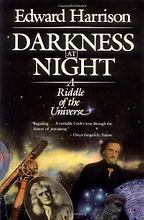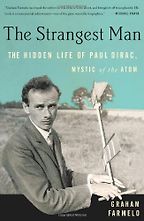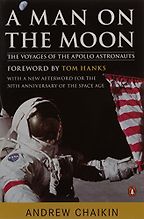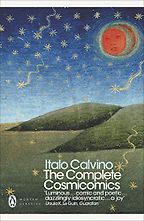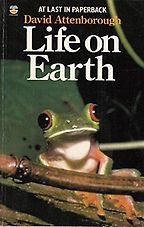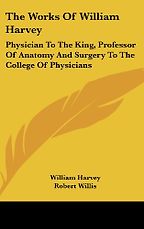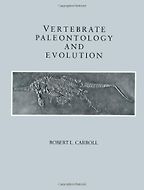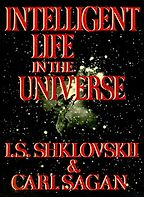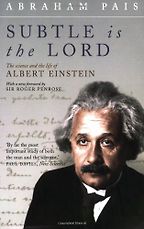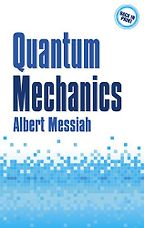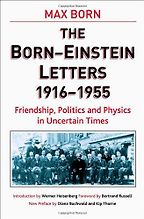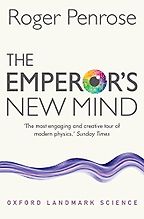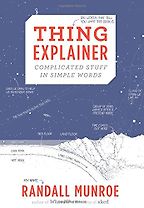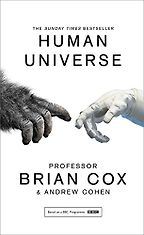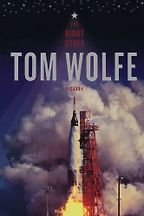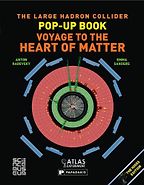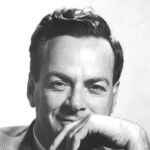
Books by Richard Feynman
Richard Feynman was an American physicist who won the 1965 Nobel Prize in Physics.
“Richard Feynman is probably the greatest American postwar physicist. He worked on the atomic bomb in his 20s and he got the Nobel Prize…His wife died of tuberculosis when they were at Los Alamos building the bomb and he decided you could go one of two ways. You could either say, “I’m going to be totally depressed for the rest of my life,” or, “I’m going to enjoy myself.”” Marcus Chown, a student of Feynman, discussing the best books on Cosmology.
For a biography of Richard Feynman, astronomy professor Andrew Lawrence recommends Quantum Man. “It is very straightforward and beautifully written. If you want to know what it is like inside the skull of a physicist it is a very good book to read.”
“Feynman could write about difficult physics and teach it in a way that no one else could. He is widely regarded as one of the best physics teachers of all time. His discussions of Newtonian gravitation and how we came to it, phenomena like tides, and how you can measure the speed of light by observing Jupiter’s moons are described with such humour and clarity. He conveys the excitement of physics” Read more...
The Best Physics Books for Teenagers
Kate Lee, Teacher
“Everyone should read this book, because it gets across why a subject like physics is so enjoyable. Physics is not just about sticky tape and rolling balls down hills and springs and batteries and ripple tanks—the sort of physics that a lot of people remember from school and may have turned them off the subject because they think it’s dry and boring. A book like Surely You’re Joking, Mr. Feynman! gives you the joy of discovery. Feynman is the most colourful character in physics and he just showed what an incredible adventure science was and is. He just makes you think: ‘Wow! How can the world be like that?! Wait until I tell everyone! I mean, you think the paranormal is amazing – let me tell you about quantum mechanics!’ “ Read more...
Physics Books that Inspired Me
Jim Al-Khalili, Physicist
“I think that he is one of the most intelligent people to live in the 20th century. Yet at the same time, surprisingly, he is an amazingly good teacher. This is quite an unusual combination.” Read more...
The best books on Accessible Science
David Bainbridge, Biologist
“When Feynman was at Cal Tech, this wealthy couple who’d grown up in the same New York neighbourhood as he had said, “Look, you’ve won this Nobel Prize, now explain to ordinary people what for.” And Feynman said, “No, it’s too complicated.” But eventually he did this series of public lectures, and that was the book. It’s a tiny book and in it he describes the whole of quantum electrodynamics without a single equation.” Read more...
Marcus Chown, Science Writer
Interviews where books by Richard Feynman were recommended
The best books on Cosmology, recommended by Marcus Chown
From Kepler’s astronomy to Richard Feynman’s quantum electrodynamics, Marcus Chown launches us into the world of cosmology.
-

1
Life on Earth
by David Attenborough -

2
On the Generation of Animals (Contained in The Works of William Harvey)
by William Harvey -

3
Vertebrate Paleontology and Evolution
by Robert Carroll -
4
The Feynman Lectures on Physics
by Richard Feynman -

5
Intelligent Life in the Universe
by Carl Sagan & Iosif Shklovsky
The best books on Accessible Science, recommended by David Bainbridge
The best books on Accessible Science, recommended by David Bainbridge
The Clinical Veterinary Anatomist from Cambridge chooses five books on popular science and discusses evolution, paleontology and quantum physics
Physics Books that Inspired Me, recommended by Jim Al-Khalili
The World According to Physics, theoretical physicist Jim Al-Khalili’s latest book, is his “ode to physics”. Here, he talks us through the books that inspired his passion for physics, in an updated interview with Five Books.
The Best Physics Books for Teenagers, recommended by Kate Lee
What are the best books for getting a teenager into physics? Kate Lee, a physics teacher at St Paul's Girls School, recommends books about NASA, space travel, and the Big Bang—and puzzles over the question of why it is so hard for young women to stay in physics as a profession.
